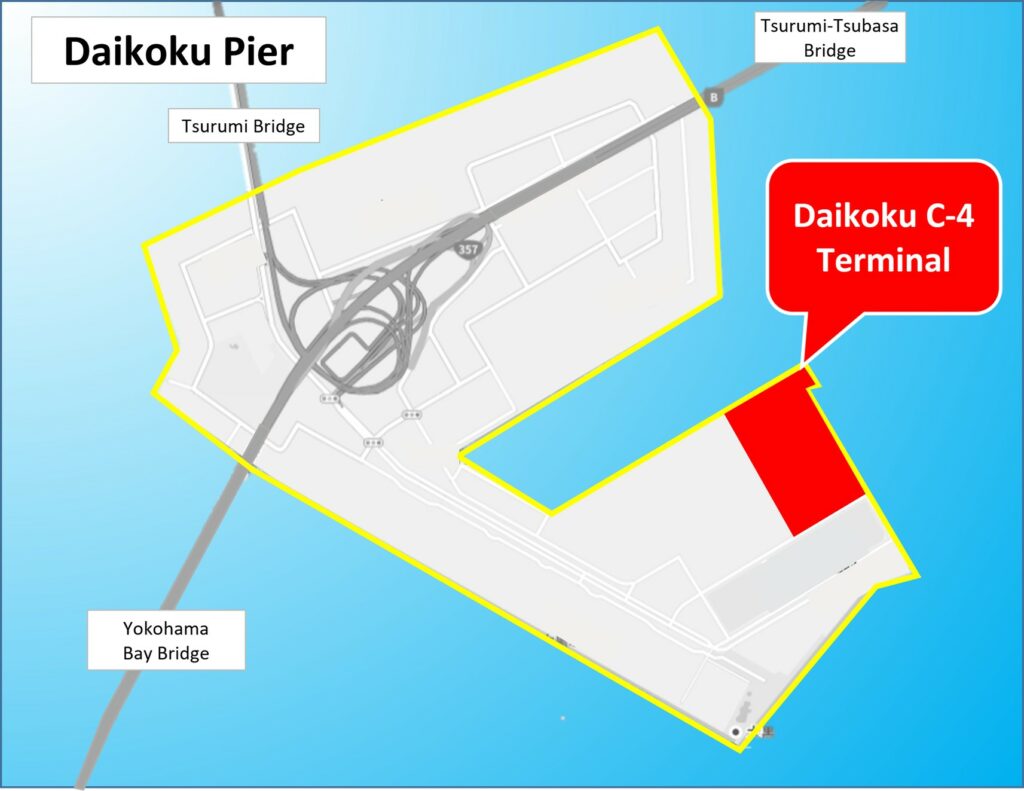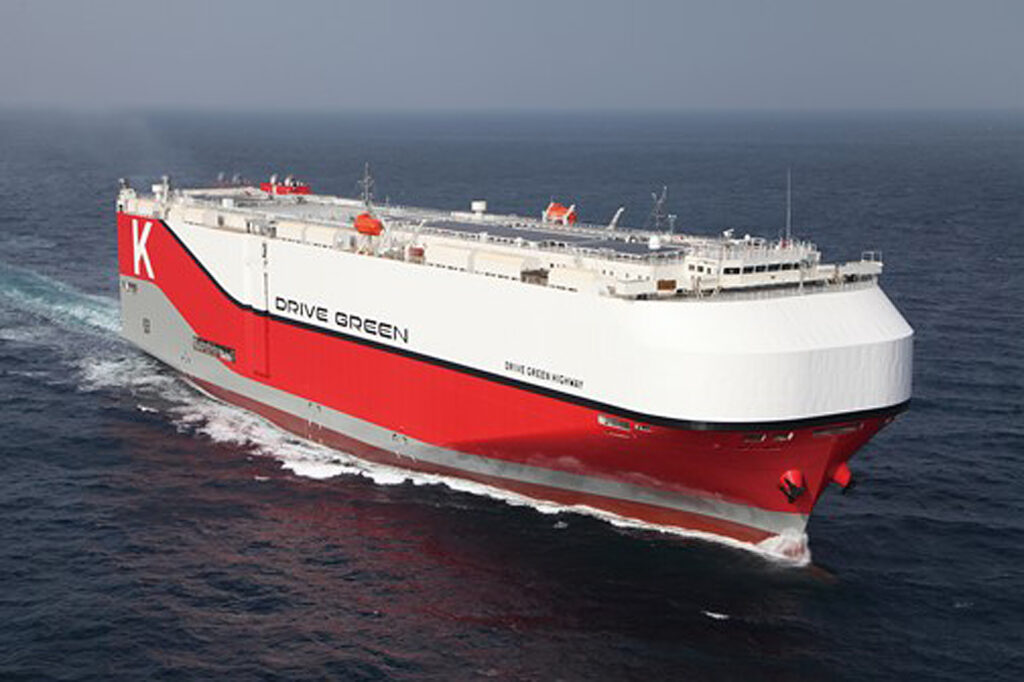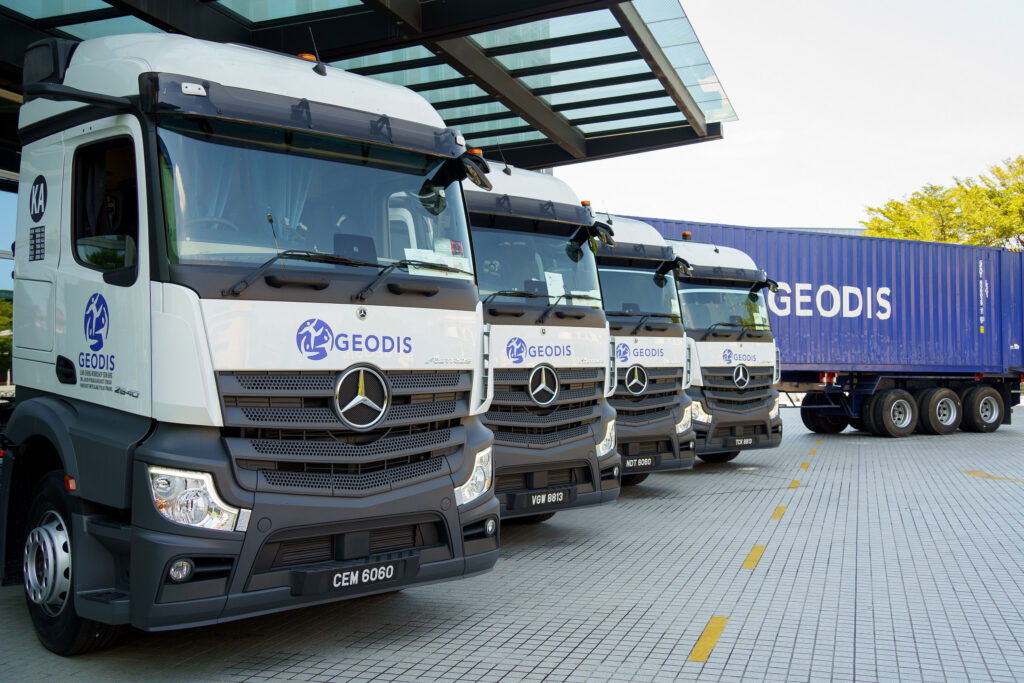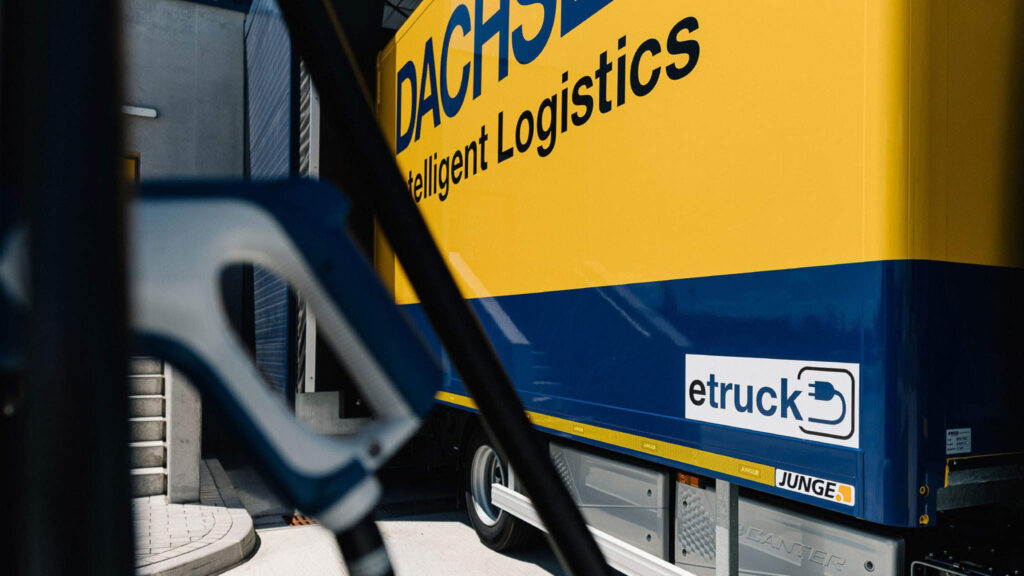PREMIUM INCREASES ACHIEVED IN BOTH MUTUAL AND FIXED PREMIUM SECTORS
OPERATING OUTOOK IMPROVES, BUT CHALLENGING BUSINESS CONDITIONS PERSIST
NEW YORK, FEBRUARY 28, 2022: The American Club experienced an encouraging 2022 P&I renewal season. Both its mutual and fixed premium portfolios performed well, with increases in rating for its mutual business somewhat exceeding Board mandates, and its EOM fixed premium book continuing to show growth in both revenue and market share.
Although tonnage entered for Class I (P&I) risks diminished slightly over the renewal period (by about 3%), the average rate per ton on renewing business, excluding the effect of the substantial rise in the International Group’s market reinsurance costs, grew by a margin of about 3.5% above the Club’s minimum requirement of 12.5% as mandated by its Board last November.
Taking this into account in conjunction with a 13% growth in P&I tonnage over the twelve months since February 20, 2021, the Club begins the 2022 policy year with projected income about 20% higher than that at the commencement of the previous year. Moreover, increases in deductibles and the variation of other terms of cover will provide additional value to these rises in premium by comparison with expiring revenue and expiring terms.
The Club’s renewing Class II (FD&D) business remained, in tonnage terms, largely the same as it had been twelve months earlier, but net premium income grew by approximately 11% year-on-year. Similar growth is expected to emerge during 2022 in relation to the Club’s Class III (Charterers’ insurance) portfolio.
Eagle Ocean Marine (EOM), the American Club’s fixed premium brand, has continued to make progress into 2022. Premium development for the current policy period indicates a year-on-year revenue growth of about 8%, implying a compound increase in income of about 15% per annum over the last five years. Most importantly, EOM continues to make a profitable contribution to the Club’s mutuality.
Commenting on the outcome of the recent renewal, Tom Hamilton, Chief Underwriting Officer of SCB, Inc., the American Club’s Managers, said: “Despite very challenging conditions, both the American Club and EOM experienced a positive outcome to the 2022 renewal season. Against a background of rising losses and increasing reinsurance overhead, we were successful in implementing a policy aimed at creating a better balance between income and expenditure in every sector of our underwriting activity.”
Speaking in conjunction with Mr Hamilton, Joe Hughes, Chairman and CEO of SCB, Inc., said: “The last several years have been a stressful period for all clubs as rising claims have combined with falling premiums to seriously disrupt underwriting equilibrium. However, our experience over the recent renewal with the aim of reversing this trend has been positive. Accordingly, there are grounds for optimism that operational results will show improvement over the forthcoming period.
“Above all, we extend our thanks to the Club’s Members, their brokers and all others who were involved in the recent renewal for their enduring support of the American Club and EOM. Although challenging business conditions persist, my colleagues and I are certain that the difficulties of the present will generate opportunities for the future.”
Notes to Editors
The American Club
American Steamship Owners Mutual Protection and Indemnity Association, Inc. (the American Club) was established in New York in 1917. It is the only mutual Protection and Indemnity Club domiciled in the entire Americas and its headquarters are in New York, USA.
The American Club has been successful in recent years in building on its US heritage to create a truly international insurer with a global reach second-to-none in the industry. Day to day management of the American Club is provided by Shipowners Claims Bureau, Inc. also headquartered in New York.
The Club is able to provide local service for its members across all time zones, communicating in eleven languages, and has subsidiary offices located in London, Piraeus, Hong Kong, Shanghai and Houston, plus a worldwide network of correspondents.
The Club is a member of the International Group of P&I Clubs, a collective of thirteen mutuals which together provide Protection and Indemnity insurance for some 90% of all world shipping.
The American Club also operates a fixed premium facility, Eagle Ocean Marine (EOM), aimed at the operators of smaller vessels in local and regional trades. Since it commenced underwriting in 2011, EOM has enjoyed considerable success in building a growing footprint in this specialist market and generating strong profitability for the Club.
American Steamship Owners Marine Insurance Company (Europe) Ltd. – or the American Club (Europe) – is a wholly-owned, Solvency-II accredited subsidiary of the Club, based in Cyprus. Since it began operating in mid-2016 as American Hellenic Hull Insurance Company Limited, it has enjoyed an increasing market presence in the hull and machinery sector. Re-named as the American Club (Europe) since February 2022, it also underwrites P&I and related insurances under recent authorizations to that effect from the Cypriot regulator.
For more information, please visit the Club’s website http://www.american-club.com/
P&I Insurance
Protection and Indemnity insurance (commonly referred to as “P&I”) provides cover to shipowners and charterers against third-party liabilities encountered in their commercial operations; typical exposures include damage to cargo, pollution, death/injury or illness of passengers or crew or damage to docks and other installations.
Running in parallel with a ship’s hull and machinery cover, traditional P&I cover distinguishes itself from usual forms of marine insurance by being based on the not-for-profit principle of mutuality where Members of the Club are both the insurers and the assureds.










